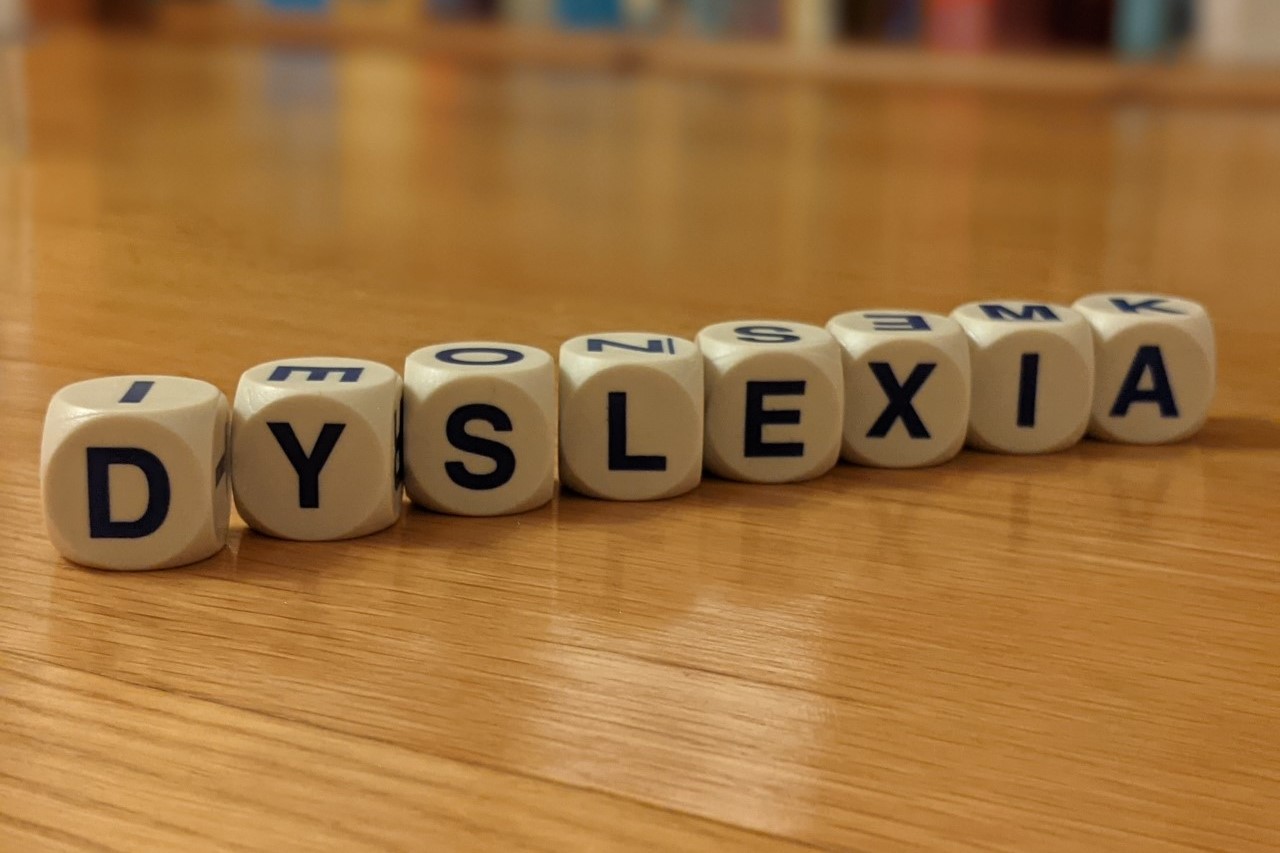As part of Disability History Month 2021, a staff member reflects on their experiences of hidden impairments
I am often struck by how little we know of other people’s perceptions of the world around them. At times, this difference in perception is a ‘gift’ enabling people to be creative or to see patterns or opportunities, as we can see from GCHQ’s recent recruitment drives for the neuro-diverse or from successful dyslexics, such as honorary University of Kent graduate, Orlando Bloom. At other times, it is a hindrance, and for those with dyslexia, the extra hours of work required to keep up with peers can generate frustration and be a source of anxiety or low mood.
The student who has appalling spelling, punctuation and grammar in her assignment may at first glance seem to have thrown together her assignment at the last minute, but may in fact be the diligent dyslexic who spent weeks submerged in preparative reading, working much longer hours than her peers. She may still not know whether to use the homophones, their or there, or affect or effect, but she may understand the theoretical concepts in her psychology degree perfectly; she just can’t express them coherently on paper and her lack of automaticity in spelling makes writing a painstaking process. She might listen attentively in seminars and have an excellent understanding of the subject, but may rarely contribute because she cannot retrieve the right words in time, and her slow processing speed means that by the time she has composed what she wants to say, the discussion has moved on without her. She may not appear disabled, but dyslexia, like other specific learning difficulties, is a hidden disability.
Whilst there is no one size fits all solution for dyslexia, support with reading and writing tasks can really help. Technological advances, such as the incorporation of read aloud software, Immersive Reader, into mainstream programs is helpful to all users, but particularly beneficial for those with dyslexia. This move to create resources that are inclusive by design is promoted at University of Kent through the availability of alternative formats in Moodle together with Kent Inclusive Practices. Allowing students to select an alternative format, such as audio, which will work best for them, is a positive step forward, and enables those students who perceive the world differently to have the opportunity to succeed.
Written by Cathy Myers 16.11.21
DHM at Kent
The University of Kent and Kent Union are proud to collaborate to raise awareness of the issues people with visible and invisible disabilities face today, and share ideas and opinions both within our community and the wider community to educate, de-stigmatise, and work together for a more inclusive and equal society. The full programme is available on the Kent Union website, and there is expert support for students with disabilities at Student Support and Wellbeing.
We hope you enjoy the programme and that you use it as a starting point for deeper thought and conversations with your friends and colleagues.
Follow #DHMKent21 on social media for the latest, and if you would like to contribute your experience and perspective to conversations, podcasts or articles on this theme during the month, please email StudentServicesWeb@kent.ac.uk.
Check out further articles on Disability and Inclusion.

